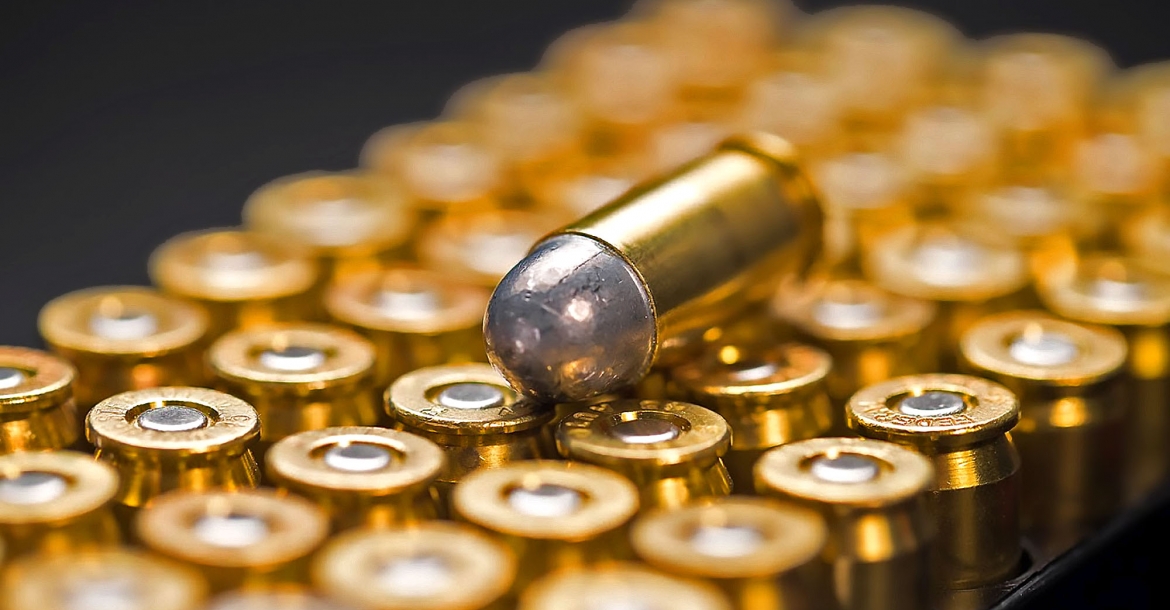A new ECHA lead ammunition ban in Europe
LEX – a Czech-based gun rights advocacy association and a member of the Firearms United Network – gave GUNSweek.com exclusive access to a document countering the conclusions of a recent report in which the European Chemicals Agency advocates for a ban on lead-based ammunition
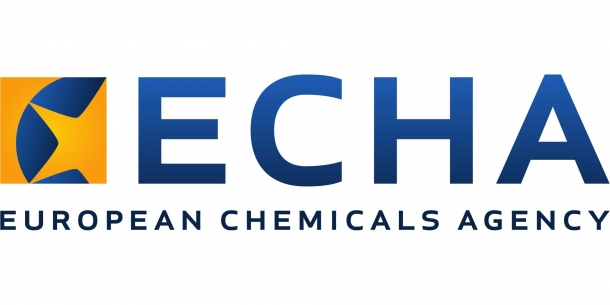
A new report published on September 12 by the European Chemicals Agency once again advocates for new restrictions (if not a total ban) on civilian use of lead-based ammunition
Here we go again.
About one year after the European Union's latest attempt to attack the civilian market of lead-based ammunition, the ECHA, the European Chemicals Agency is returning to the attack and trying once again to propose further restrictions on the use of lead-based ammunition for civilian uses.
The two attempts are indeed tightly linked: the ECHA document is indeed the Agency's response to the European Commission's request dated back to September 2017.
And despite what sources such as AFEMS told us last year, ECHA does not seem willing to limit to a new tightening of the screw on the use of lead shot in wetlands – which is anyway already heavily restricted or outright banned in many Countries both within and outside of Europe.
ECHA's report seems indeed aimed to propose heavy restrictions, if not an outright ban, on all civilian uses of lead-based ammunition, for both hunting and sport shooting.
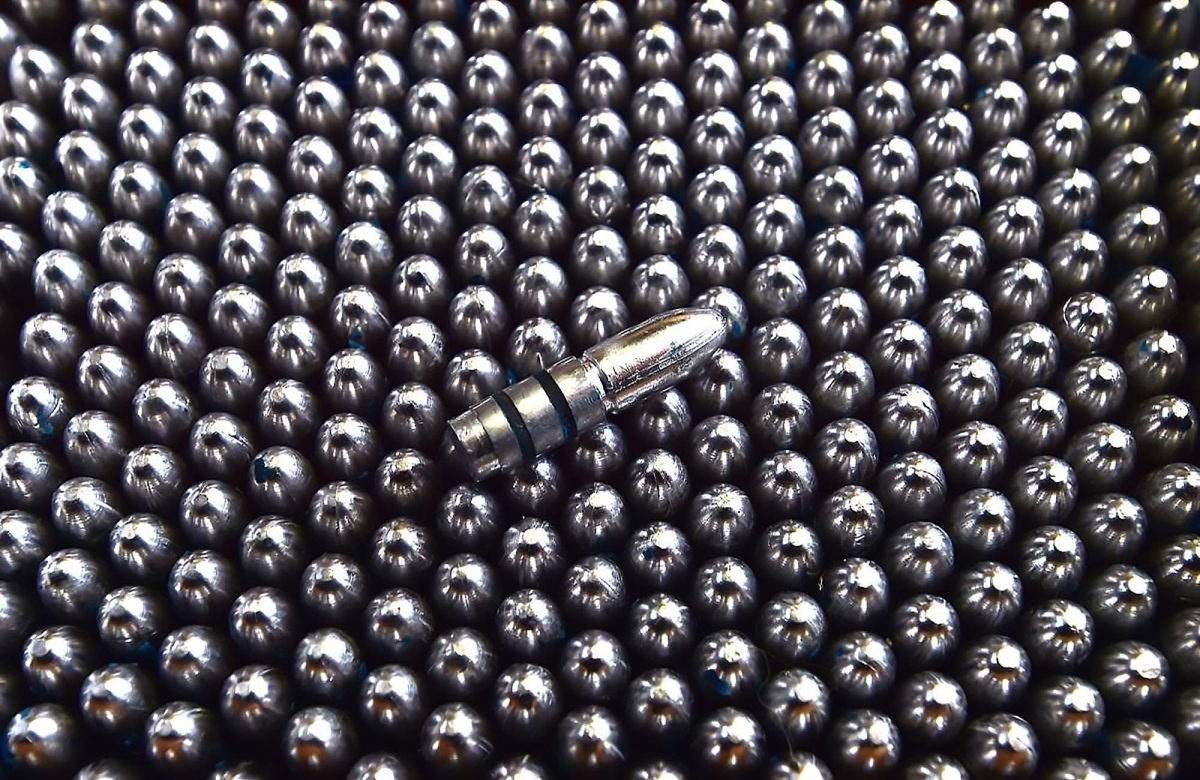

ECHA's report on non-wetland uses of lead in ammunition – published with the title of "ECHA identifies risks to terrestrial environment from lead ammunition", which immediately suggests its tone – states that the European Chemicals Agency has "found sufficient evidence of risk to justify additional measures" in order to reach three main goals: "limit additional pollution with lead and improve the quality of the environment"; "reduce the mortality of an estimated 1 to 2 million birds" that may inadvertently swallow the lead shot, or scavenge or prey on lead poisoned birds in the terrestrial environment; and "reduce health risks to a significant population of hunters and their families" who frequently eat game meat killed with lead shot or bullets.
Not just hunting this time: the ECHA document seems to heavily trespass in the field of sporting and leisure shooting, down to the proposal of an almost outright ban of all lead-based ammunition for all uses
According to ECHA, "the costs of replacing lead shot are limited as alternative steel shot is available, can be used in most shotguns, and is not significantly more expensive. As such, the extra costs to the individual hunter would be small".
The ECHA report is relatively well sourced, but as usual the Agency often omitted important claims of source studies and misinterpreted many others, as well as omitting half of those sources from the bibliography list.
Not surprisingly, the studies and the claims listed in the ECHA report – and the conclusions thereof – are the same used multiple times in many Countries and by many national authorities and international entities to support their calls for all-out lead ammo bans. Some of them (such as a research on lead fumes poisoning in Finnish shooting ranges) are laughably outdated, dating as far back as to 1989, while many others have already been rebutted both at national and international level.
Gun control in disguise
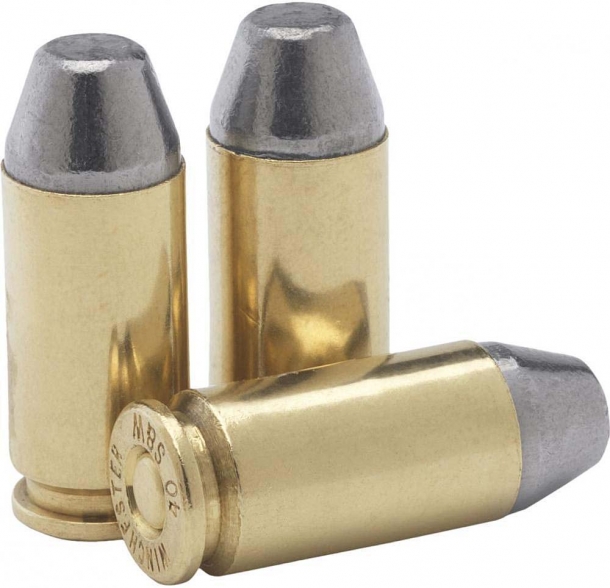
It is now all too clear that the threat announced back in September 2017 was dismissed at a moment too soon, and it is now made even more paradoxal, as it's not just about ammunition: even fishing weights and home-casting would be limited by the proposed new regulations.
And just as we stated back in 2017, there's no reason not to see the ECHA report as yet another attempt to impose sneaky gun control under the disguise of "environment protection". Despite what the European Chemicals Agency states, lead-free ammunition – and more specifically, steel-based ammunition – can not, by any means, used by "most" shotguns or rifles.
It's not a case if proofing houses following CIP standards use a special punch – the so-called "lilium" stamp – to mark the firearms that were built and tested to be used with steel shots.

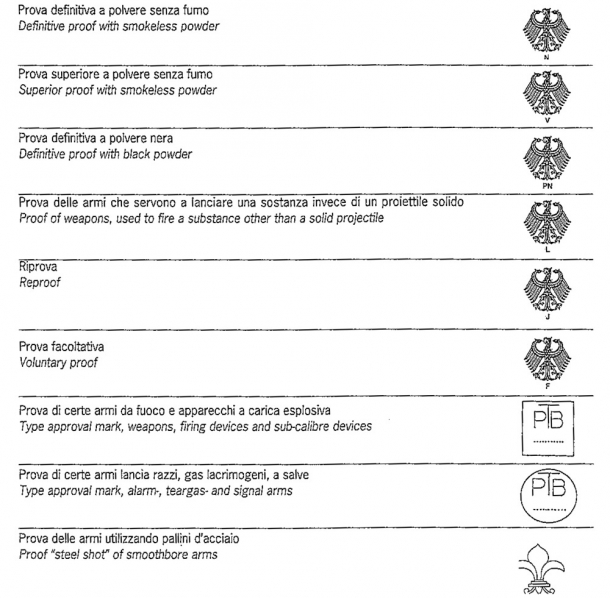
"Can be used in most shotguns"? Not really. It's not a case if CIP- standard proofing houses have a specific proofing mark (the "lilium" stamp) for shotguns tested as reliable and safe to use with steel shots
Anybody with the slightest knowledge of firearms technology knows all too well that steel shots and bullets have a much different effect on barrels than steel shots in terms of tear and wear, and that steel-based ammunition often develop levels of pressures that older firearms – and some of the newer ones, particularly if subject to a particular level of usury – may not guarantee to sustain.
Using steel-based ammunition in firearms that weren't built, or tested, to be sufficiently reliable with them is by no means recommended and can be hazardous to the shooter. Should the restrictions proposed by ECHA be put in the books, a huge number of hunters all through Europe would need to spend enormous amounts of money to purchase new firearms – or even just new barrels – to keep practicing their sports. And should the new regulations also apply to sport shooting, the number of people affected would be exponentially larger.
As claimed many times before, it is safe to assume that the true reason behind the global push for an all-out ban on lead-based ammunition has very little to do with the protection of the environment and human health, and much more to do with the attempt to curb the number of individuals who own and use firearms for legitimate purposes. Imposing new and increasing costs for the de facto mandatory transition to a new technology is an excellent way to prompt those who don't have much money to spend to abandon altogether the practice hunting or sport shooting... and thus, due to the regulations in effect in many Countries, to forfeit gun ownership tout court.
The LEX rebuttal paper
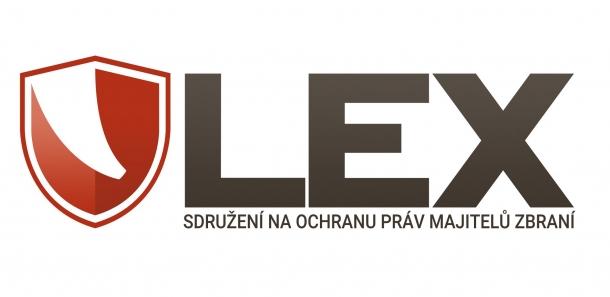
LEX, the Czech-based gun rights advocacy group and a member of the Firearms United network, recently published a document offering solid counter-arguments to ECHA's proposal
LEX – the main gun rights advocacy group of the Czech Republic, and a founding member of the Firearms United Network – granted GUNSweek.com early access to their official paper containing detailed rebuttal arguments. The same paper will be sent to the relevant European authorities, as well as to the representatives of hunting associations and ammunition manufacturers who will have to fight against this new attempt to restrict gun rights through the restriction of ammunition availability.
While merely ten pages long, the LEX paper links to thirty-three reliable scientific researches that rebut the ECHA's proposals under basically all points of view: environmental impact and pollution caused by the hunting and sporting use of lead-based ammunition; the toxicity of lead-based ammunition on animals and on those who eat venison killed with steel shots; the health risks posed by the much dreaded lead fishing weight; and the real viability of alternative loads for hunting and sport shooting. The sociopolitical aspects of ECHA's proposed restrictions on lead ammunition are also tackled.
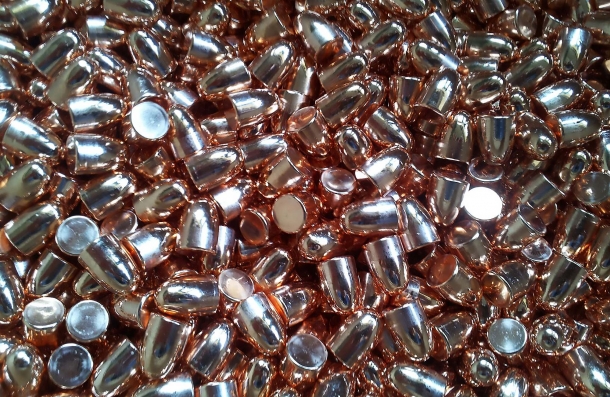
The LEX paper rebuts point by point the so-called "evidence" backing ECHA's position on lead-based ammunition
The LEX paper certainly has the merit to highlight the highly paternalistic nature of ECHA's action proposal – protecti on of people from themselves, whether they like it or not and whether or not it's really a necessary thing to do! – but even more important is that LEX has so far been the only body to openly come out and oppose the ECHA's report and the proposed lead ammunition ban.
It is now up to the industry and hunting associations, and the representatives thereof, to use their political and economic means to avoid another round of restrictions whose impact would be outright disastrous for hunters, sport shooters, and the firearms and ammunition market in Europe.
The European Parliament itself will face a key decision: will they want to second ECHA and request a full impact assessment on the matter – which, no doubt, will result in a new waste of paper full of false, doctored and hand-picked data to justify yet another tightening of the screw over the people's rights in Europe? Or will it understand that gun owners Europe-wide are better left alone, since the community as a whole is already eagerly awaiting for the May 2019 European elections to provide its own kind of feedback on the amendment to the European firearms directive passed in 2017?
We would really like to see European lawmakers regain some common sense. But hoping for the best should always come in pair with expecting the worst. And that's what the so-called "EU Gun Ban" taught us to do when it comes to European lawmakers discussing all things gun-related.
Click here for the LEX paper rebutting ECHA's proposed lead ammo ban (English)
A modern replica of a valuable historic firearm, a Pedersoli 1854 Lorenz rifle: this kind of rifles shoot exclusively pure lead bullets

